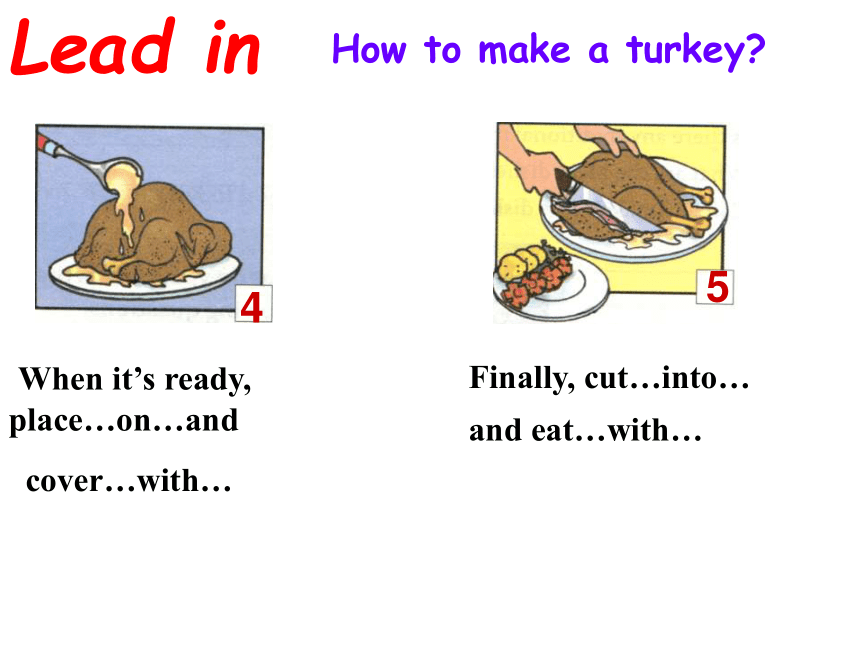How Do You Spell Pet Peeve? Discover the Meaning and Common Examples of This Frustrating Phrase
Guide or Summary:How do you spell pet peeve? This phrase is often used in casual conversations to describe those little annoyances that can drive us up the……
Guide or Summary:
#### Introduction to Pet Peeve
How do you spell pet peeve? This phrase is often used in casual conversations to describe those little annoyances that can drive us up the wall. But what exactly is a pet peeve, and why do we have them? In this article, we will explore the definition, origins, and examples of pet peeves, helping you understand this common term better.
#### The Definition of Pet Peeve
A pet peeve is a specific annoyance or irritation that may not bother others but particularly frustrates an individual. These can range from minor inconveniences, like someone chewing loudly, to more serious issues, such as dishonesty. Understanding how do you spell pet peeve is just the beginning; grasping its implications can lead to better interpersonal relationships.
#### Origins of the Term
The term "pet peeve" originated in the United States in the early 20th century. The word "pet" implies something that is particularly cherished or favored, while "peeve" is derived from the verb "peeve," meaning to annoy or irritate. Together, they refer to those personal annoyances that we hold dear in terms of their ability to irritate us.
#### Common Examples of Pet Peeves

Now that we know how do you spell pet peeve, let's delve into some common examples. Here are a few pet peeves that many people can relate to:
- **Loud Eating**: The sound of someone chewing with their mouth open can be unbearable for many. This is a classic example of a pet peeve that can lead to discomfort in social settings.
- **Late Arrivals**: When someone consistently arrives late, it can be frustrating for those who value punctuality. This pet peeve often leads to tension in both personal and professional relationships.
- **Poor Grammar**: Many people have a strong reaction to improper grammar or spelling, especially in written communication. This pet peeve can stem from a desire for clear and effective communication.
- **Interruptions**: Being interrupted while speaking can feel disrespectful and can be a significant pet peeve for those who value active listening.
#### The Psychology Behind Pet Peeves

Understanding how do you spell pet peeve is not just about the words; it’s also about the psychology behind why certain things annoy us. Pet peeves often reflect our values and expectations. For example, if punctuality is important to you, then tardiness may be a significant pet peeve. Recognizing this can help us manage our reactions to these annoyances.
#### How to Cope with Pet Peeves
While it’s impossible to eliminate all pet peeves from our lives, there are strategies to cope with them. Here are some tips:
1. **Awareness**: Recognizing your pet peeves is the first step. Understanding why they annoy you can help you manage your reactions.
2. **Communication**: If a particular pet peeve is affecting your relationships, consider discussing it with the person involved. Open communication can often resolve misunderstandings.
3. **Mindfulness**: Practicing mindfulness can help you become more tolerant of the small annoyances in life. Focusing on the bigger picture can reduce the impact of your pet peeves.

4. **Humor**: Sometimes, finding humor in a frustrating situation can help you cope. Laughing off a pet peeve can often diffuse its power over you.
#### Conclusion
In conclusion, understanding how do you spell pet peeve is just the beginning of a deeper exploration into human behavior and relationships. By recognizing our pet peeves and learning to manage them, we can improve our interactions and lead a more harmonious life. Whether it’s loud chewing or poor grammar, embracing our quirks and those of others can lead to greater empathy and understanding. So, the next time someone’s pet peeve gets under your skin, remember that we all have our little annoyances, and perhaps it’s worth letting them slide.